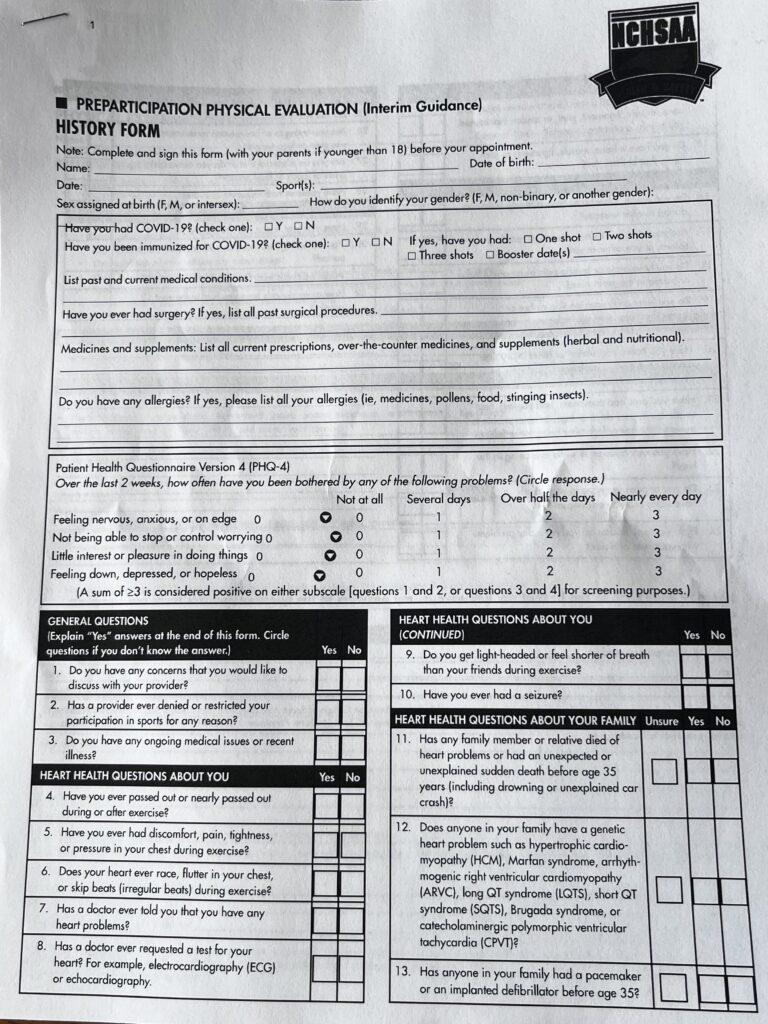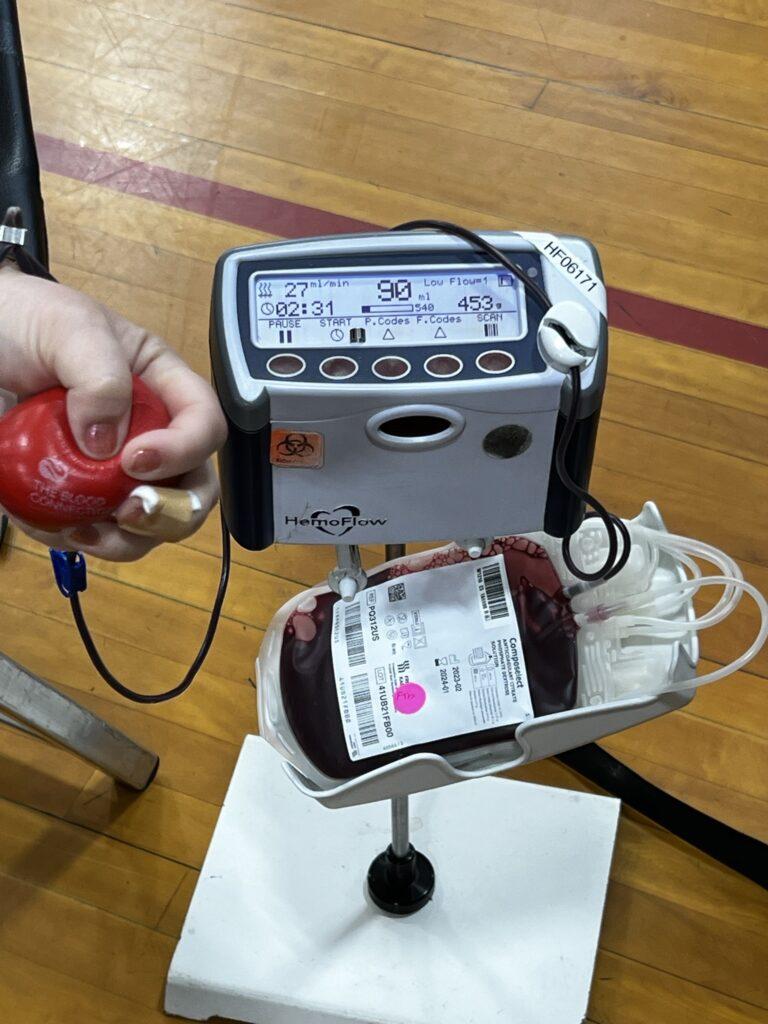 Glancing down at the booklet in front of her, the student was unsure of how to approach the test. She had talked to her older brother about the SAT, but since he had taken it, changes had obviously occurred. Where was the writing section? she thought.
Glancing down at the booklet in front of her, the student was unsure of how to approach the test. She had talked to her older brother about the SAT, but since he had taken it, changes had obviously occurred. Where was the writing section? she thought.
“I think the SAT had to do something because the trend has moved toward the ACT,” Marion Moncure, an SAT and ACT tutor, said. “I think the SAT needed to appeal to more students. It’s a revamping that needed to occur.”
On April 16, the College Board announced major changes to the format of the SAT, beginning in 2016. The writing section, which was added in 2005, will now become optional, and the vocabulary in the reading comprehension section will be adjusted to be more “relevant.” The perfect score will return to 1600 from the current 2400. Moncure thinks these changes will benefit students.
“With the new SAT there are a lot of things that are becoming more like the ACT,” Moncure said. “They are saying they’re updating the vocabulary, and that’s probably very good. There have been some words in there that you just don’t hear very often.”
The College Board has explained that the changes in the vocabulary will involve including more words that are found in college classroom settings rather than words that have commonly been known as “SAT words.” Junior Chloe Whealan is unsure about these changes.
“The vocabulary words that are already on the test are pretty advanced,” Whealan said. “I’m not sure what they think college-based words really are.”
Brian Caskey, co-owner of the Chyten Tutoring and Test Preparation in Asheville, feels the College Board has not made clear what college-based words are.
“It remains to be seen what the College Board means by this,” Caskey said “We won’t know until we see a released version of the new test. The vocabulary list will be changing. That’s all anyone can say for sure. A strong vocabulary will obviously still be an important component of the SAT.”
The removal of the currently mandatory writing section of the test is not something Whealan considers beneficial. “I think it’s good practice for writing essays,” Whealan said. “You need to know how to write essays following a prompt. Also, since it’s timed, it is good practice for time management.”
Caskey has mixed thoughts about the changes.
“With regard to the announced plan to delete the mandatory writing test, it is interesting to those of us who follow the tests closely because the College Board has basically admitted that the writing test has been a complete failure,” Caskey said. “On the other hand, the ability to write is clearly a very important skill.”
By Anna Yarbrough
Q&A with C.J. Reguyal
Q: What would you think of the changes to the SAT if you had to take it again?
A: I would be glad. From what I’ve heard the test will be a little bit easier, especially with the changes to the vocabulary sections.
Q: How effective will the new SAT be at helping colleges determine who they want to accept?
A: Probably pretty effective. The scores will be a little different, but the test is more about how you did compared to others instead of your score.
Q: Do you think these changes should be made?
A: Using vocabulary that’s more useful is a positive change. I like that students will be tested on something they would have an equal chance of doing well on and that is useful to know.
Q: How do you think students’ scores will be
affected?
A: It won’t matter because the writing section will be optional. The students who aren’t as good at
writing won’t take it and will do better. I think a lot of colleges will probably require it anyway like the ACT.
Q: How would you study to prepare for it?
A: I would prepare for the writing portion. Even though it’s not required, I would take it anyway because that’s one of my strong points.
Q: Why do you think the SAT was changed?
A: It has become vital in determining students’ futures. It was important to the writers of the test to do studies to determine how to make it fair.
Q: Which SAT would you prefer to take?
A: I would like to take the new test, just because it sounds a lot easier than the old test.
Q: What would you change about the SAT?
A: I would shorten the test. It’s really hard to take it in such a long period of time. It adversely affects grades just from fatigue. If that’s a factor, the test isn’t really showing true student aptitude.
Q: How well does school prepare students for the changes to the SAT?
A: We all have English and math classes, but we study more in school than those subjects. I would like more subjects tested that we actually prepare for. That would also give students who perform better in those subjects a better chance to excel.













